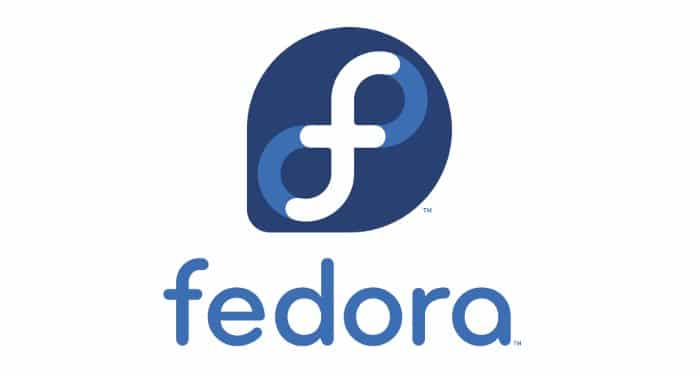Fedora Linux is all set to receive the official MP3 support. After the years of constant feedback from users, the open source distribution is adding both the MP3 encoding and decoding.
IIS Fraunhofer and Technicolor, the technology behind MP3 and MPEG audio technologies, terminated their licensing program a few weeks back. Also, Fedora received the permission to ship MP3 encoding from Red Hat Legal. Both that developments helped the platform to package and ship MP3 in the coming future.
“It will soon be possible to convert physical media or other formats to MP3 in Fedora without 3rd party repositories,” Fedora Engineer James Hogarth wrote in a blog post.
While the patents for MP3 decoding expired last year, Fedora enabled MP3 decoding using the mpg123 library and GStreamer last November. Users were allowed to play MP3 encoded music with the GStreamer1-plugin-mpg123 package. However, the anticipated support is now officially debuting on Fedora Linux.
Limited support
It is worth noting that only MP3 will be shipped and not other MPEG technologies. Nevertheless, users will be allowed to convert physical media or other formats to MP3 in Fedora.
Fedora is known for modern features and stability. But it was surprising and upsetting for users that they cannot play a simple MP3 music track.
Some Fedora users feel that it is little too late for Fedora to support MP3 encoding and decoding. In today’s age, streaming music has become a standard way to listen to the music.
Moreover, not all the users care about storing music tracks on the machine and listening to them while they have easy access to web-based services like Spotify and Google Play Music.













































































[…] For most of us, the news might not change much, because MP3s come pre-licensed on most of our phones and computers. But for app developers, open source software nerds, and especially Linux users, the news is significant. For example, before the Fraunhofer announcement, several pieces of software that run on Linux, like Fedora, Tumbleweed, and Vivaldi, had to use third-party hacks in order to work around MP3 licensing requirements. After the licenses expired, developers began to immediately enable support. […]
[…] For most of us, the news might not change much, because MP3s advance pre-licensed on most of our phones and computers. But for app developers, open source software nerds, and particularly Linux users, the news is meaningful. For example, before the Fraunhofer announcement, several pieces of software that rush on Linux, like Fedora, Tumbleweed, and Vivaldi, had to expend third-party hacks in order to work around MP3 licensing requirements. After the licenses expired, developers began to immediately enable support. […]
[…] For most of us, the news might not change much, because MP3s come pre-licensed on most of our phones and computers. But for app developers, open source software nerds, and especially Linux users, the news is significant. For example, before the Fraunhofer announcement, several pieces of software that run on Linux, like Fedora, Tumbleweed, and Vivaldi, had to use third-party hacks in order to work around MP3 licensing requirements. After the licenses expired, developers began to immediately enable support. […]
[…] For most of us, the news might not change much, because MP3s come pre-licensed on most of our phones and computers. But for app developers, open source software nerds, and especially Linux users, the news is significant. For example, before the Fraunhofer announcement, several pieces of software that run on Linux, like Fedora, Tumbleweed, and Vivaldi, had to use third-party hacks in order to work around MP3 licensing requirements. After the licenses expired, developers began to immediately enable support. […]